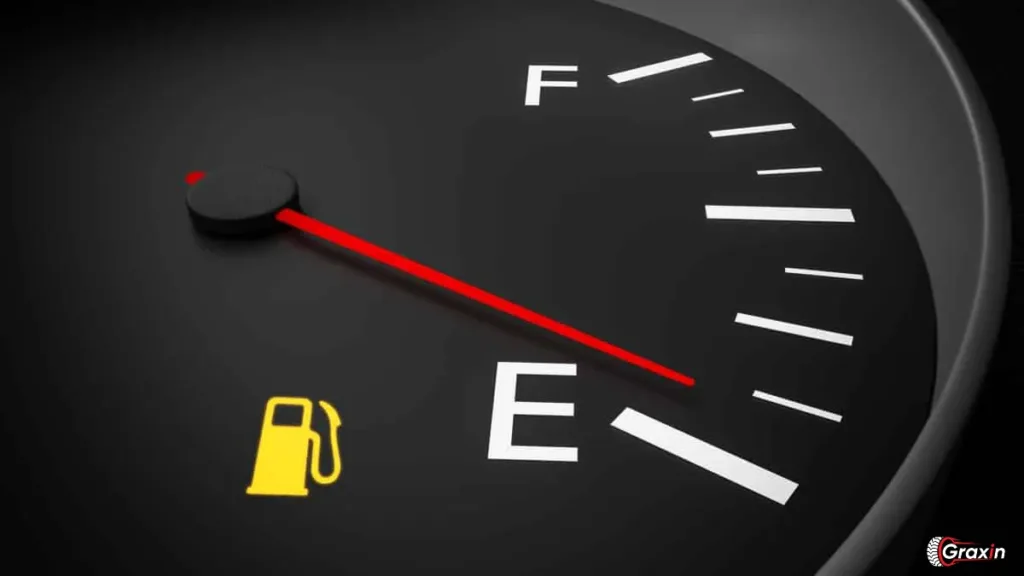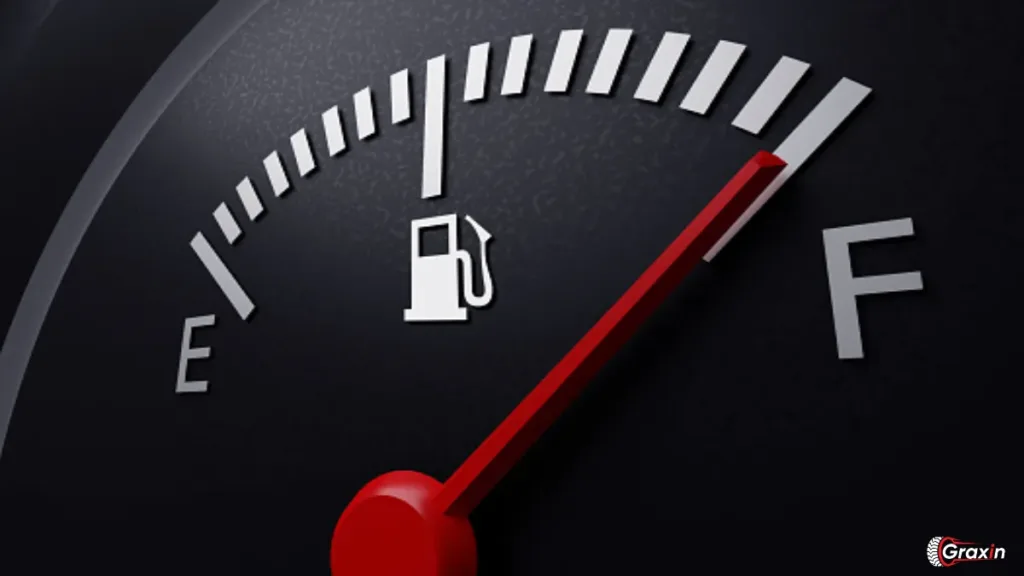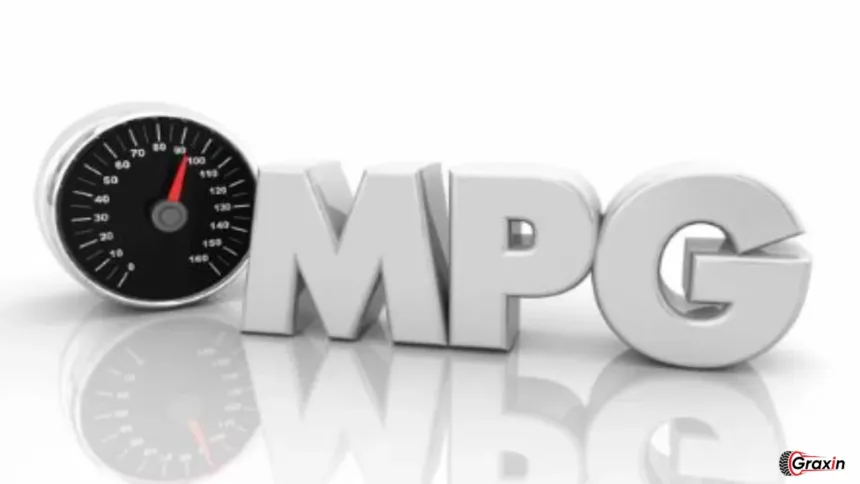MPG is always mentioned whenever we are in the market for a new car or trying to decide what level of efficiency our current vehicle has. What does it really mean, and why is it so important? In this article, we break down MPG in straightforward terms how it affects your wallet and the environment and go on to give tips on how you can make that vehicle run more efficiently.
Introduction to MPG
What is MPG?
MPG is the short form of “Miles Per Gallon.” It is an expression that uses the gallons to calculate by how many miles a car can be run on the gallon of fuel. The higher the MPG rating, the more efficient a vehicle is, which means that it can cover the same distance with much less fuel.
Why MPG Matters for Drivers
MPG is very relevant, because the number determines how much you are going to spend at the pump. It does matter because if your car runs very weak, then it will go through your money very fast when gasoline is moving up and down. A vehicle with a high MPG rating saves you a lot of money and reduces all fuel consumptions.
Understanding the Concept of MPG
Defining Miles Per Gallon
At its core, MPG is a simple equation: it’s the number of miles your vehicle can travel on a single gallon of fuel. For instance, if a car has a rating of 25 MPG, it means it can cover 25 miles for each gallon of gasoline it consumes.
How Is MPG Calculated?

Calculating MPG is easy. All you need to do is:
- Fill up your gas tank.
- Reset your trip odometer.
- Drive until your tank is near empty, then fill it up again.
- Divide the miles driven by the gallons used.
This will give you an accurate idea of your vehicle’s real-world MPG.
City MPG vs. Highway MPG
Keep in mind that MPG is also location dependent. City MPG refers to the ability of getting lots of fuel efficiency with stop-and-go traffic, which tends to be a little lower because you’re braking a lot and idling a lot. Highway MPG speaks to how well your car runs on open roads at steady speeds, often giving you higher MPG.
How MPG Affects Fuel Efficiency
Fuel Economy Explained
Fuel economy refers to how efficiently a vehicle converts fuel into distance. A higher MPG means your car uses fuel more efficiently, which in turn reduces the number of trips you make to the gas station.
Impact of MPG on Fuel Costs
Let’s face it: gas prices are never certain. A lousy MPG car will burn fuel, and you can expect to go back and forth to the pump often, inflating your expenditure. A car with good MPG ratings will be cheaper in the long run.
Benefits of Higher MPG Vehicles
- Lower fuel costs: Save money on fuel, especially on long road trips.
- Reduced environmental impact: Higher MPG vehicles emit fewer pollutants.
- Extended vehicle life: Fuel-efficient cars often have engines that are better maintained and designed for longevity.
Types of MPG Ratings
EPA Estimated MPG
The EPA (Environmental Protection Agency) assigns MPG ratings for new vehicles based on tests that simulate both city and highway driving conditions. These ratings help consumers understand a car’s potential fuel economy.
Real-World MPG vs EPA Ratings
While the EPA rating is a useful guide, real-world driving conditions, such as road type, driving habits, and weather, can cause your actual MPG to differ.
Factors That Influence MPG
Driving Habits
Your driving style has a massive impact on your MPG. Aggressive driving such as speeding, rapid acceleration, and hard braking can lower fuel efficiency.
Vehicle Condition
Maintaining your vehicle properly ensures it runs efficiently. Under-inflated tires, dirty air filters, and poor engine maintenance can all lower your MPG.
Weather and Road Conditions
Cold weather and rough roads can also reduce fuel efficiency, as engines work harder to overcome obstacles like icy surfaces or muddy terrain.
How to Improve Your Vehicle’s MPG

Regular Maintenance and Tire Pressure
Keeping your car in top shape by following its maintenance schedule helps maintain peak performance. Properly inflated tires can increase fuel efficiency by up to 3%.
Driving Tips for Better Fuel Economy
- Accelerate slowly and avoid hard braking.
- Stick to speed limits; cars are most efficient at 55-65 mph.
- Use cruise control on highways to maintain a steady speed.
Electric and Hybrid Cars: MPG and MPGe
Understanding MPGe (Miles Per Gallon Equivalent)
Electric and hybrid cars don’t run on gasoline, so they use a different metric: MPGe. This measures the energy consumption of these vehicles in terms of miles per gallon of gasoline if they were using fuel.
How Electric Vehicles Differ in Efficiency
While they don’t use gasoline, electric vehicles are generally far more efficient in terms of energy usage, with the equivalent of higher MPG ratings compared to traditional gas-powered cars.
Why MPG Varies Between Vehicles
Different Engine Sizes and Vehicle Weight
Larger vehicles with bigger engines typically have lower MPG because they consume more fuel. In contrast, compact cars and hybrids tend to have better fuel efficiency.
The Role of Aerodynamics and Design
A vehicle’s design also plays a role. Cars with sleeker, more aerodynamic shapes tend to have higher MPG as they encounter less wind resistance.
The Importance of Choosing a Fuel-Efficient Vehicle
Environmental Impact of Low MPG Vehicles
Cars with low MPG contribute more to air pollution and have a larger carbon footprint. Choosing a car with a high MPG rating is a small step towards reducing environmental harm.
How to Calculate MPG
- Fill up your car’s gas tank.
- Record the odometer reading.
- Drive until you need to refuel.
- Fill the tank again and note how many gallons you’ve used.
- Subtract the old odometer reading from the new one, then divide by the number of gallons used.
Common Misconceptions About MPG
Bigger Engines vs Better MPG
It’s often thought that bigger engines mean better performance at the cost of fuel efficiency. However, modern turbocharged engines can offer both power and good MPG.
Conclusion
Understanding MPG is pretty important if you want to save on fuel, as well as help the environment. From the basic concepts of its calculation to hints for increasing the efficiency of your car, knowing MPG can make a big difference in driving and the long-term costs of your vehicles.
FAQs
- What does a higher MPG mean for my wallet?
A higher MPG means you’ll spend less on fuel because your vehicle uses fuel more efficiently. - Can weather affect my car’s MPG?
Yes, extreme weather, especially cold, can lower your vehicle’s MPG by making the engine work harder. - Does driving slower improve MPG?
Driving at moderate speeds, typically between 55-65 mph, is optimal for fuel efficiency. - What is MPGe?
MPGe stands for Miles Per Gallon Equivalent and is used to measure the efficiency of electric and hybrid vehicles. - Do all vehicles have different city and highway MPG ratings?
Yes, most vehicles have different ratings because stop-and-go city driving is less fuel-efficient than steady-speed highway driving.
Also Read: Grinding Noise When I Drive: Causes and Solutions







